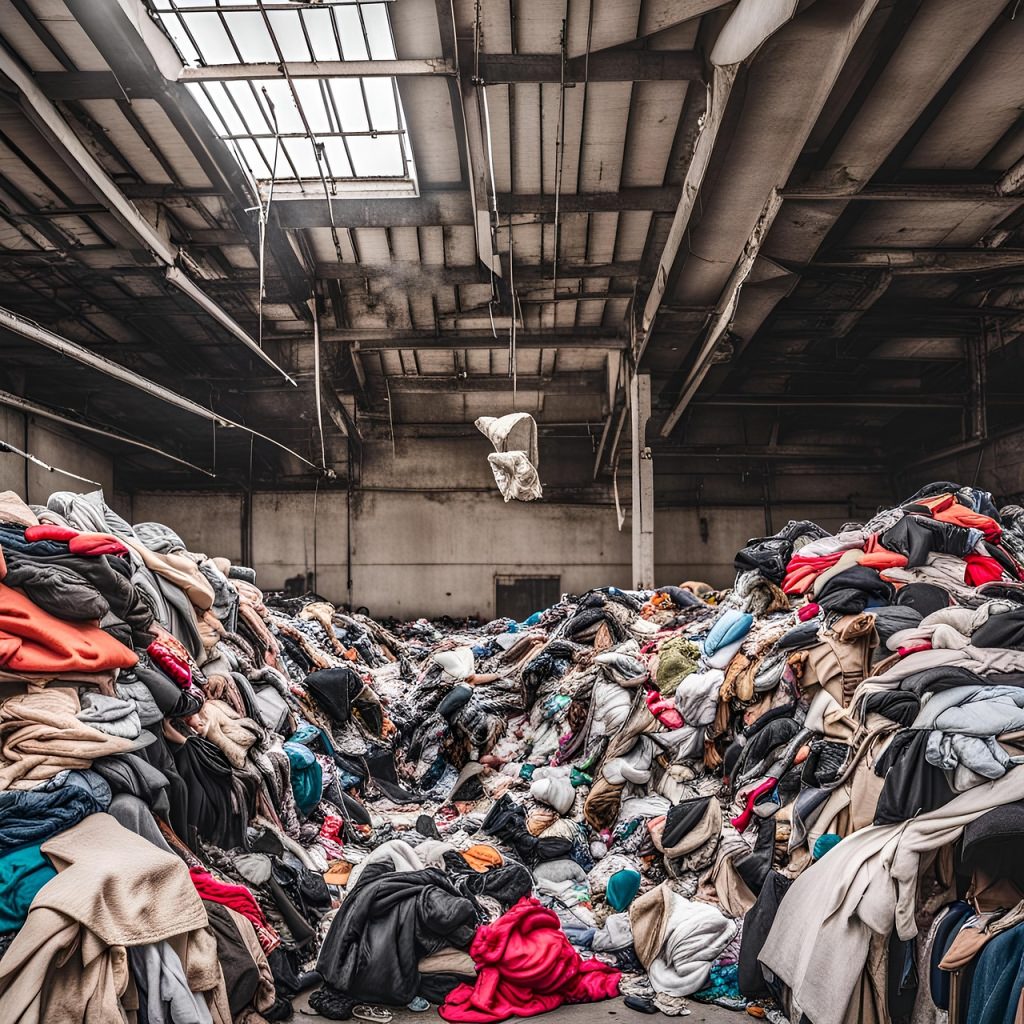Every seven minutes, we throw a pile of clothes the height of Mount Everest into landfill. So, for this edition of Eat the Rich, I want to look at the fast fashion brand billionaire owners of the companies leaving behind all that mess.
First, how bad is fast fashion brand clothing waste? In the last 20 years, clothing production has doubled to over 200 billion items annually. An average person in the developed world will purchase over 60 new items of clothing every year, a 400% increase from the 2000s.
And we’re buying more but wearing less, down 36% in use per item. In Australia, 6,000 kg of clothing hits landfill every ten minutes. In the U.S., it’s double what it was in 2000. We’re now throwing out 100 million tonnes of textiles a year.
Fast fashion brands are not just a waste problem. It’s also a resource monster. A simple cotton t-shirt, for example, needs around 700 gallons of water to produce. Fast fashion, not automotive or aviation, is the sector driving the biggest demand for fossil fuels. This is Unfolded found that “the average person’s current wardrobe was created using 379 litres of oil.”
Meanwhile, fashion billionaires continue to rake in the big bucks.
- Bernard Arnault, head of fashion giant LVMH, was the world’s richest person last year.
- There’s Amancio Ortega, founder of Zara and creator of the modern fast-fashion production model. His daughter is also on the list.
- Tadashi Yanai, the man behind Uniqlo and its parent company Fast Retailing, is there.
- Right behind him is Phil Knight, cofounder of Nike.
- Sneaking in at joint 40 are the Wertheimer brothers, owners of Chanel.
But the names don’t stop there. In 2024, fashion and retail made up about 10% of the Forbes list. Reading down the rankings is a who’s who of the fashion world.
Notables include Giorgio Armani, Sabrina and Barbara Benetton, Tory Burch, Tom Ford, Ralph Lauren, and the Prada siblings. New to the Forbes list in 2024 were the three co-founders of Shein, each valued at over $4 billion, largely thanks to doing more than their fair share of destroying the planet.
So next time you’re shopping, ask yourself who’s really getting rich from that haul.

This article is republished, with permission, from John Pabon. John is a sustainability strategist and author focused on helping businesses cut through greenwashing and make environmental responsibility profitable. He is the founder of Fulcrum Strategic Advisors and the author of “The Great Greenwashing.”





































